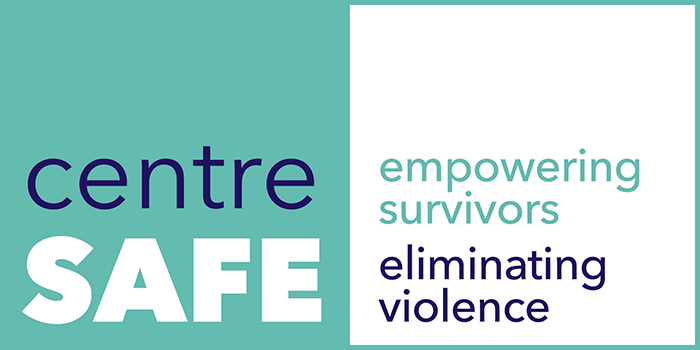What is Dating Violence?
Dating violence is a pattern of abusive behaviors used to exert power and control over a dating partner.
Calling dating violence a pattern doesn’t mean the first instance of abuse is not dating violence. It just recognizes that dating violence usually involves a series of abusive behaviors over a course of time.
Every relationships is different, but the one thing that is common to most abusive dating relationships is that the violence escalates over time and becomes more and more dangerous for the young victim.
What is a Partner?
“Partner” might mean different things to different people, particularly across generations. The relationship may be sexual, but it does not have to be.
Who Experiences Dating Violence?
One in three adolescents in the U.S. is a victim of physical, sexual, emotional or verbal abuse from a dating partner, a figure that far exceeds rates of other types of youth violence.
Any teen or young adult can experience violence, abuse or unhealthy behaviors in their dating relationships. A relationship may be serious or casual, monogamous or not, short-term or long-term. Dating abuse does not discriminate — it does not see gender, sexual identity, economic status, ethnicity or religious preference.
What Does Dating Violence Look Like?
Teens and young adults experience the same types of abuse in relationships as adults. This can include:
Physical Abuse: Any intentional use of physical force with the intent to cause fear or injury, like hitting, shoving, biting, strangling, kicking or using a weapon.
Verbal or Emotional Abuse: Non-physical behaviors such as threats, insults, constant monitoring, humiliation, intimidation, isolation or stalking.
Sexual Abuse: Any action that impacts a person’s ability to control their sexual activity or the circumstances in which sexual activity occurs, including rape, coercion or restricting access to birth control.
Digital Abuse: Use of technologies and/or social media networking to intimidate, harass or threaten a current or ex-dating partner. This could include demanding passwords, checking cell phones, cyber bullying, sexting, excessive or threatening texts or stalking on Facebook or other social media.
If you or a loved one is in a violent relationship, please get help. Visit loveisrespect.org for more information, chat with a peer advocate online, call 866-331-9474 or text “loveis” to 77054.
